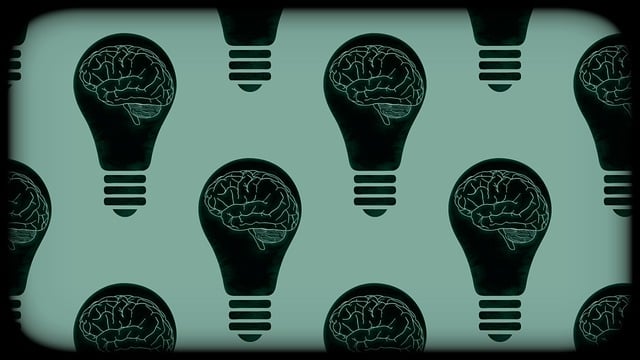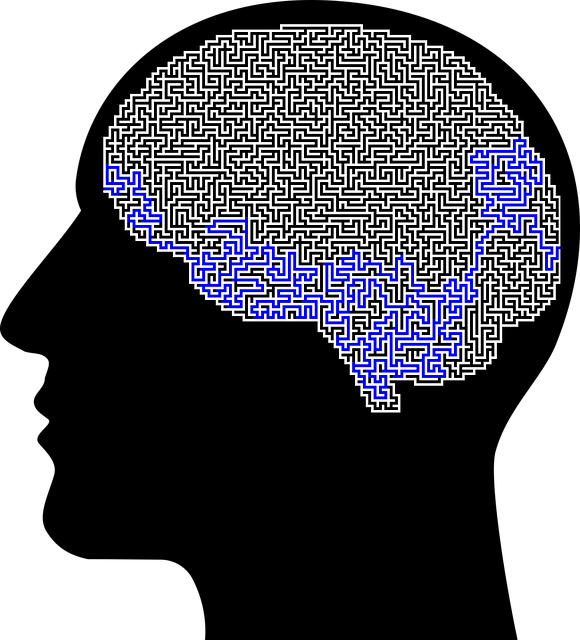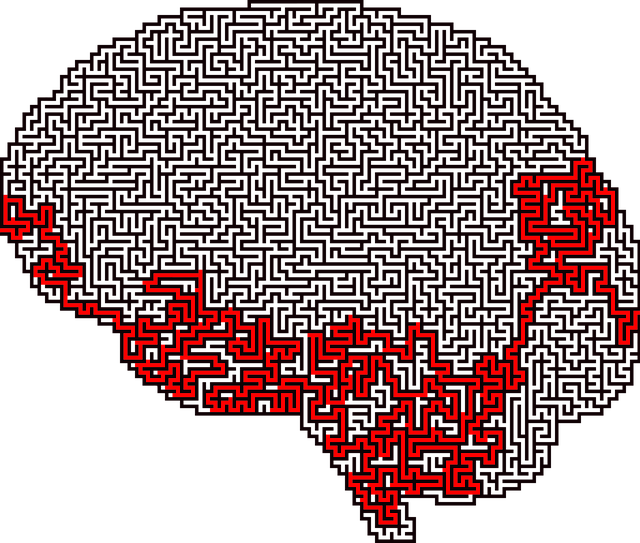Northglenn Cancer Issues Therapy provides crucial crisis intervention services, focusing on holistic care, empathy, and tailored strategies. Using cognitive-behavioral therapy (CBT), Mind Over Matter principles, and Emotional Intelligence, they empower individuals to navigate cancer challenges with resilience. Through structured approaches emphasizing empathy, risk management, active listening, and confidentiality, the therapy prevents escalation, promotes open communication, and fosters emotional well-being in a safe environment.
In times of crisis, effective intervention can be a lifeline. This article delves into crisis intervention strategies, offering guidance for professionals across diverse fields. We explore critical components, such as understanding the dynamics of emergency situations and implementing evidence-based therapy approaches to stabilize individuals in distress. Using Northglenn Cancer Issues as a case study, we demonstrate how empathetic navigation and strategic planning can make a significant difference. Learn practical steps for successful crisis intervention, with a focus on Northglenn Cancer Issues and therapeutic techniques.
- Understanding Crisis Intervention: A Lifeline in Times of Emergency
- Northglenn Cancer Issues: Navigating Uncertain Waters with Empathy and Strategy
- Therapy Approaches: Techniques to Stabilize and Support Individuals in Crisis
- Implementing Effective Crisis Intervention: A Step-by-Step Guide for Professionals
Understanding Crisis Intervention: A Lifeline in Times of Emergency

In moments of crisis, whether it’s a personal health emergency like Northglenn Cancer Issues or a mental health dilemma, effective intervention can be a lifeline. Crisis intervention strategies are designed to provide immediate support and stabilize individuals facing acute stress or distressing situations. At its core, this process involves assessing the individual’s needs, offering a safe space for expression, and implementing tailored interventions to prevent escalation.
Northglenn Cancer Issues therapy, for instance, leverages crisis intervention techniques to empower patients and their families during challenging times. Self-care practices are often integrated into these strategies, encouraging individuals to prioritize mental and physical well-being as they navigate the complexities of their condition. Moreover, risk management planning for mental health professionals plays a pivotal role in ensuring safe and effective interventions while conflict resolution techniques can de-escalate tensions and foster healthier interactions within supportive environments.
Northglenn Cancer Issues: Navigating Uncertain Waters with Empathy and Strategy

In Northglenn, cancer issues present a significant challenge, demanding strategic and empathetic responses to support affected individuals. The journey through diagnosis, treatment, and recovery is often turbulent, emphasizing the need for comprehensive crisis intervention strategies. Navigating these uncertain waters requires a holistic approach that goes beyond medical care.
Empathy forms the cornerstone of effective Northglenn cancer issues therapy, fostering connections and understanding. Integrating positive thinking and self-care practices into the equation empowers individuals to confront their battles with resilience. By employing empathy building strategies, support systems can create safe spaces, encouraging open communication and the sharing of feelings, which are vital for emotional well-being during such trying times.
Therapy Approaches: Techniques to Stabilize and Support Individuals in Crisis

In crisis intervention, various therapy approaches are instrumental in stabilizing and supporting individuals facing acute distress or traumatic events, particularly those grappling with Northglenn cancer issues. Techniques like cognitive-behavioral therapy (CBT) play a crucial role in helping patients reframe negative thoughts, thereby reducing anxiety and depression. By focusing on the present and teaching coping strategies for managing intense emotions, CBT empowers individuals to regain a sense of control, fostering resilience amidst challenging circumstances.
Integrating Mind Over Matter principles alongside Emotional Intelligence can significantly enhance these interventions. Healthcare providers trained in these areas learn to listen actively, empathize, and tailor their responses to the unique emotional needs of each patient. This approach not only aids in burnout prevention strategies but also strengthens the therapeutic bond, enabling more effective support for individuals in crisis. Moreover, it ensures that patients receive holistic care, addressing both their physical and psychological well-being, especially pertinent when tackling complex Northglenn cancer issues.
Implementing Effective Crisis Intervention: A Step-by-Step Guide for Professionals

Implementing effective crisis intervention requires a structured approach that professionals can use to support individuals facing severe stressors or traumatic events. The process begins with empathy building strategies, actively listening and understanding the person’s emotions and experiences. This step is crucial in establishing trust, which is vital for successful intervention. Mental health professionals should create a safe space, ensuring confidentiality and non-judgmental attitude, allowing the individual to share their concerns openly.
Following empathy, risk management planning becomes essential. Assessing potential risks, such as suicide ideation or self-harm, involves using validated tools to gain insights into the person’s current state. Once identified, professionals can implement evidence-based interventions tailored to address specific needs. Incorporating stress reduction methods and providing coping strategies can help individuals regain a sense of control. The goal is to offer immediate support while also equipping them with long-term tools for managing future crises effectively. Northglenn Cancer Issues Therapy emphasizes these steps, ensuring professionals are prepared to make a significant difference in someone’s life during challenging times.
In conclusion, crisis intervention strategies are invaluable tools for professionals navigating challenging situations, especially when addressing complex issues like those faced in Northglenn’s cancer community. By combining empathy and evidence-based techniques from Northglenn cancer therapy approaches, we can provide effective support during times of crisis. Following the step-by-step guide outlined in this article, mental health professionals can confidently intervene, stabilize individuals, and foster a path towards healing and resilience.










